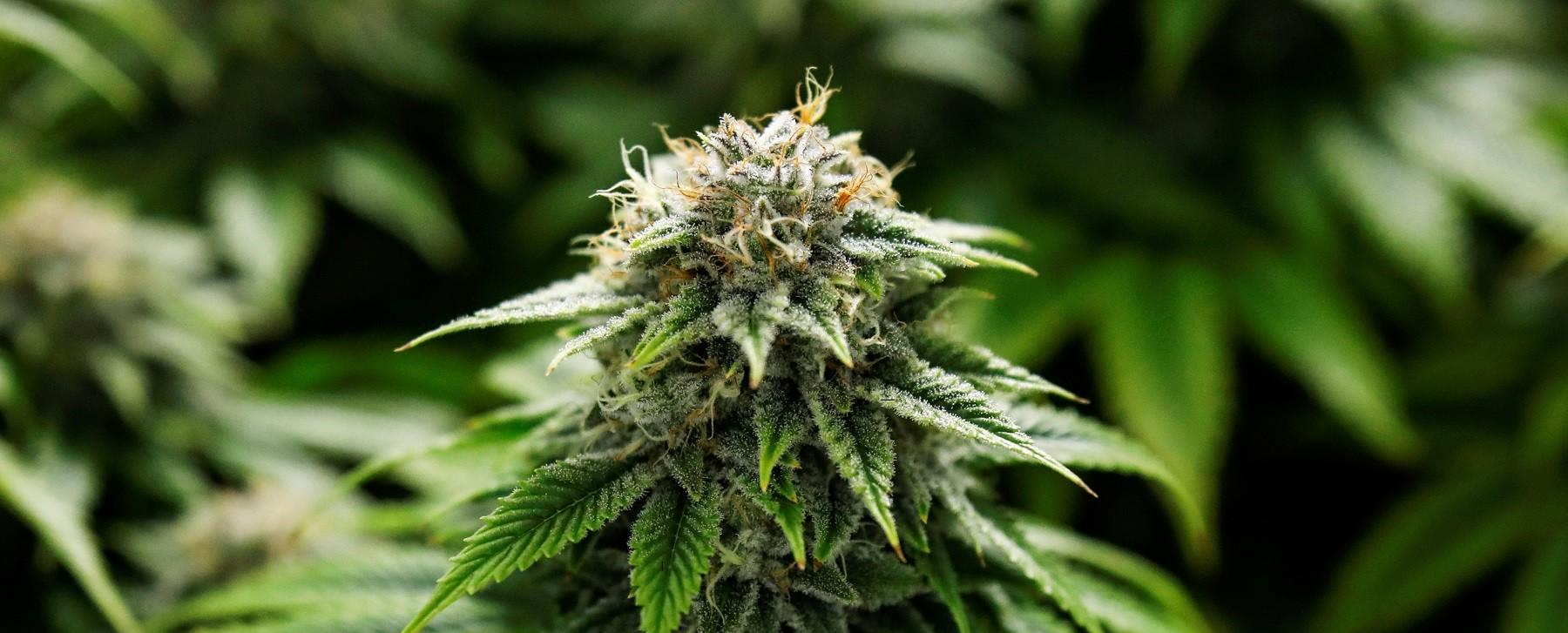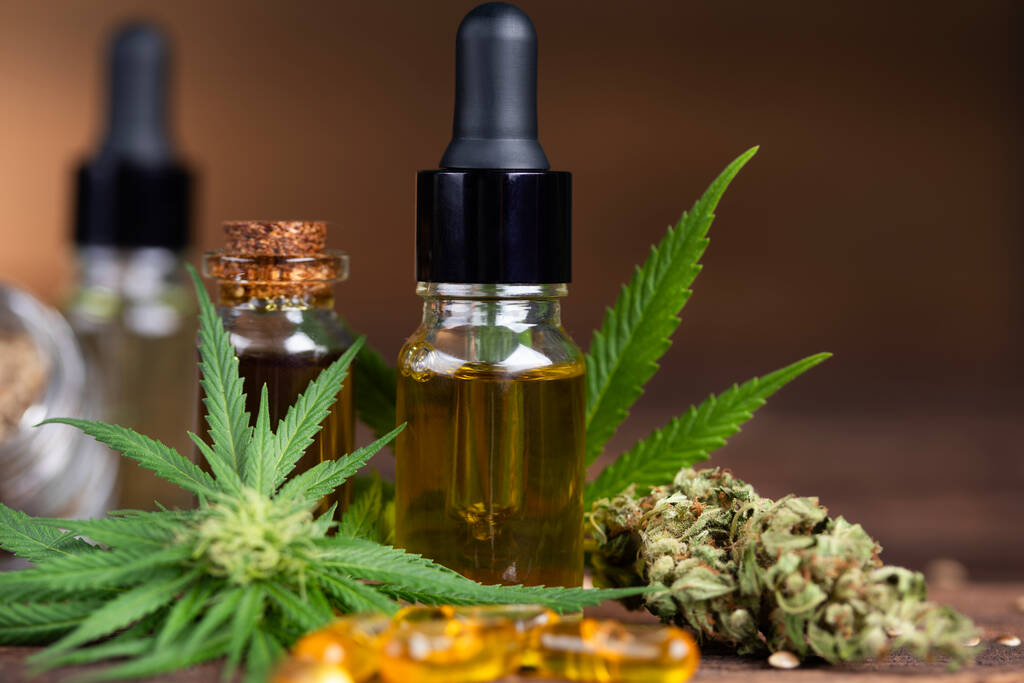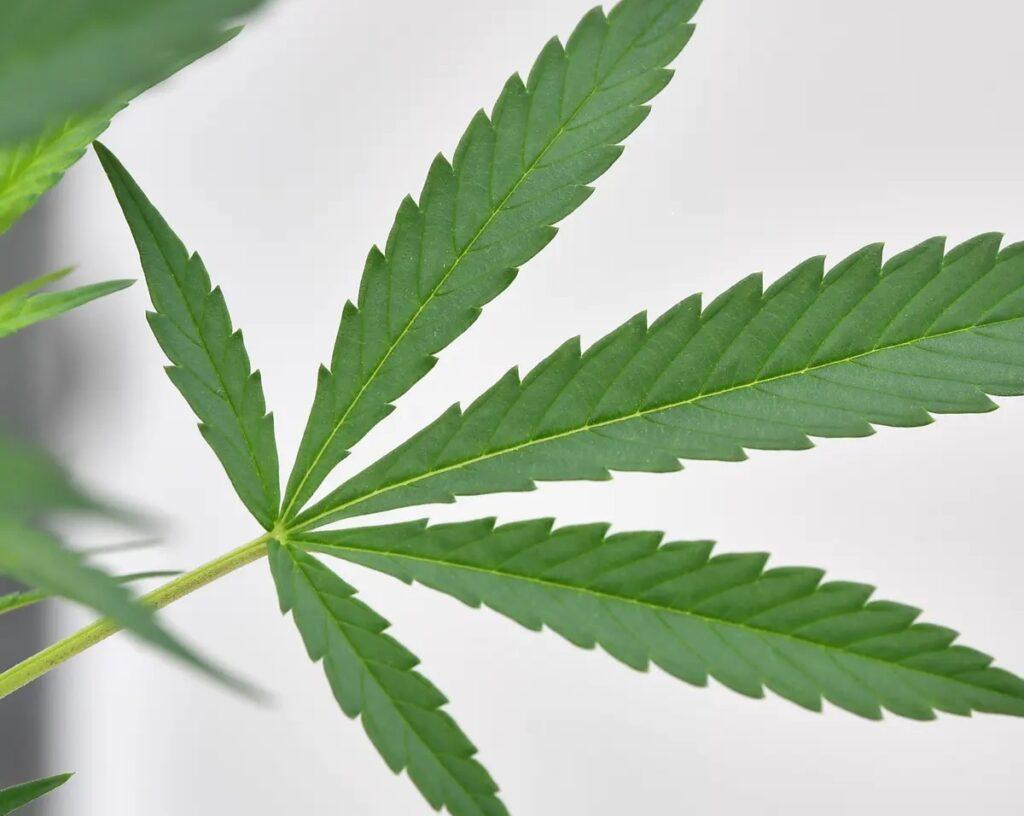An Arkansas law banning hemp-derived THC can now be enforced, following a ruling today from the Eighth Circuit Court of Appeals.

The court lifted a previous injunction that had blocked enforcement of Act 629, a 2023 law that classifies certain hemp products—like those containing delta-8 and THCA—as controlled substances similar to marijuana. Attorney General Tim Griffin said the decision allows his office to begin enforcement immediately.
“We’re going to be able to deal with this issue,” said Griffin. “Our hands have been tied, but they’re not tied anymore.”
Continue reading














